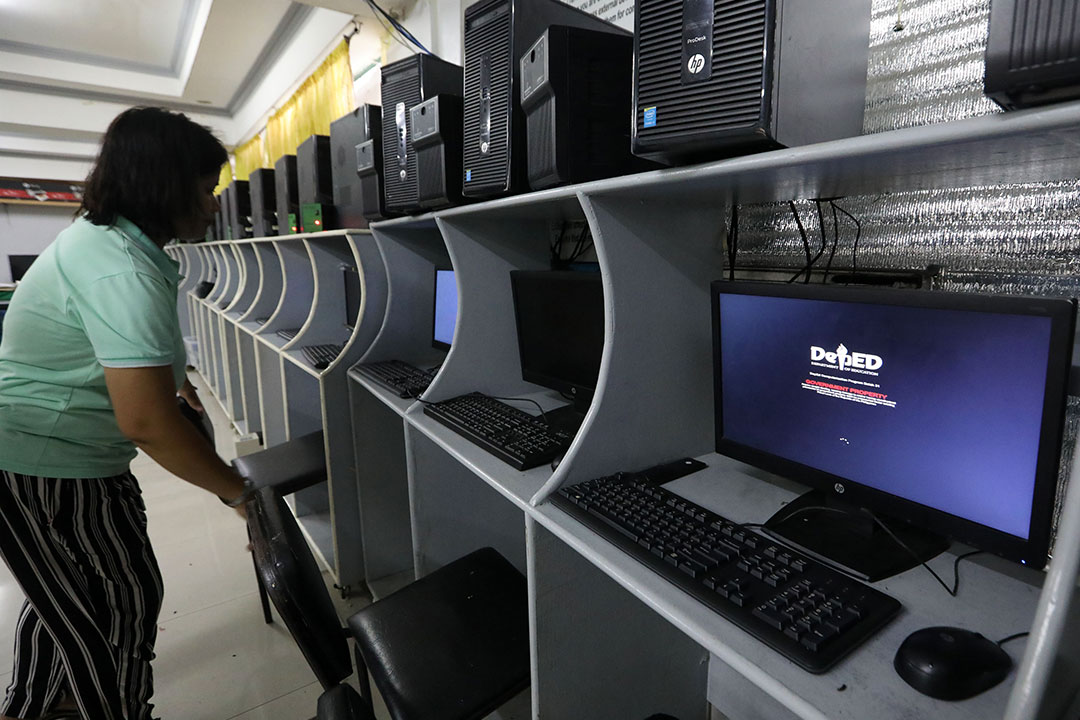By Steve Zemek
Copyright news

Qantas launched legal action in the NSW Supreme Court to stop the compromised data being accessed or released following the cyber attack in June.
The accounts of 5.7 million Qantas customers were compromised in a data breach at one of the airline’s call centres.
The data stolen included the business and residential addresses attached to 1.3 million accounts, the phone numbers of 900,000 customers, and the dates of birth of a further 1.1 million.
In July, Qantas was granted an interim injunction in the NSW Supreme Court in an attempt to stop the data from being accessed or released.
Qantas says that there is no evidence that the stolen data has been released, but is monitoring the situation.
And on Thursday, Justice Francois Kunc agreed to make permanent orders.
Justice Kunc also agreed to a six-month non-publication order over the names of the solicitors and counsel acting for Qantas in the matter.
“In relation to the lawyers (a non-publication order) might be … justifiable on the basis that the perpetrators have some temporary ire against the legal advisors,” he said.
“It is depressing as it is obvious to observe that their attention will move on.”
The airline has filed the lawsuit against “persons unknown”, which was defined as anyone or any entity that carried out, participated or assisted in stealing of the data, communicated payment demands to Qantas, or posted the stolen data online.
It is alleged the hackers contacted Qantas over a series of emails in which they claimed they had gained unauthorised access to data and stolen confidential information.
The court heard that Qantas asked for the non-publication orders over its legal counsel as a “temporary shield” and to not to give a “bullseye” to criminal hackers.
Justice Kunc described hacking and data leaks as a “serious societal problem” and that the number of similar applications by targeted organisations was only going up.
He said that even though the perpetrators appeared to be “beyond our reach”, it was important for the courts not to “turn its face” on the situation.
“The threat represented to our community, to our commerce, by these actors is very real,” he said.
“There is real utility in the court following the approach that it does.”



